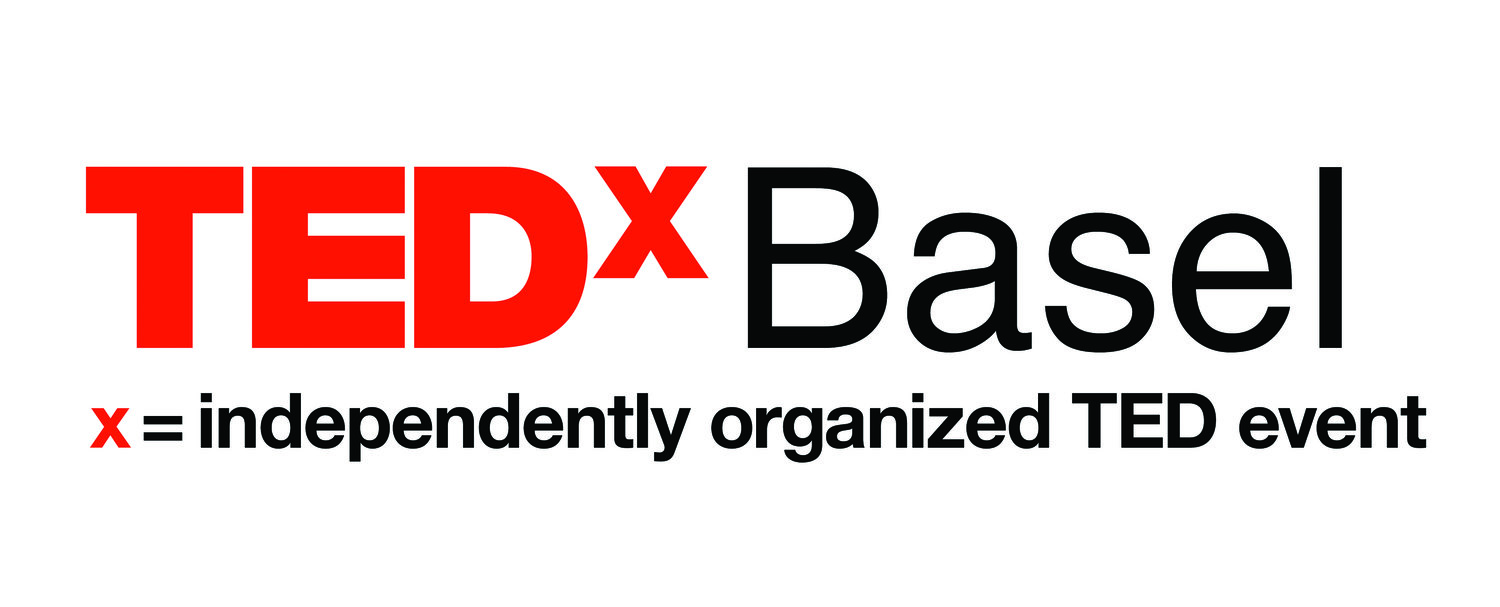TED's 31 days of Ideas - Day 3: The price of shame
/The price of shame
By Jon Ronson
This has been an exciting year for people who thrive on polarization and division -- and a disaster for the rest of us. Which is why I'm choosing to write about Monica Lewinsky’s kindhearted, empathetic and humanizing TED Talk about online bullying and her own public shaming.
I love it for lots of reasons, not least the turns of phrase. In the space of five minutes she makes you laugh out loud: "At the age of 41, I was hit on by a 27-year-old guy. You know what his unsuccessful pickup line was? He could make me feel 22 again. I realized later that night I'm probably the only person over 40 who doesn't want to be 22 again." And then she sideswipes you with this: "It was easy to forget that 'that woman' was dimensional, had a soul and was once unbroken." Was once unbroken. As Isaac Babel wrote, "No iron can pierce the heart with such force as a period put in just the right place."
I published a book about public shaming at the same time Monica's talk came out, and it felt like we were doppelgängers. Our conclusions were identical, about how compassion and curiosity are being edged out online by instant judgment; about the psychological tricks we play on ourselves to pretend that a pile-on is no big deal when in fact it can mangle a person's mental health (people are literally humiliated to death, as Monica says); about how the tech companies benefit from the chaos. As Monica puts it in her talk, "The more shame, the more clicks. The more clicks, the more advertising dollars. We are in a dangerous cycle. The more we click on this kind of gossip, the more numb we get to the human lives behind it, and the more numb we get, the more we click." I say in my own TED Talkon the same subject, "We are like unpaid shaming interns for Google."
One of the nice things that happened to me during this predominantly shitty year was getting to know Monica. I interviewed her for the Guardianat a hotel in Los Angeles. My main memory of our few hours together that day was something that occurred towards the end. It was Super Tuesday, as it happened, and Donald Trump was yelling on mute on the TV above our heads. It must have been an anxiety-inducing time for Monica, but instead of stressing out about it, she was focusing on her latest endeavor -- a range of anti-bullying emoji, #BeStrong. Monica had brought the idea to Vodafone and a survey of teens confirmed that they often struggled to find the right words to use when a friend was being cyberbullied. Monica talked about how research had shown that we process images faster than text -- so an image can cut through to a person's heart faster than words.
And so, as Trump silently shouted from a podium on the TV, Monica pulled out her phone and showed me her designs. There was a gif on the screen. It was a big heart with two arms inside it, embracing. The heart shook.
"It feels like a hug!" she said. "Right?"
"It really does," I said.
"Well, thanks!" she said. She mimed a "phew." Then she said, "I worked my little heart out on it."
I spent some time with her in the summer, too. We went hiking together in Banff, Canada, along with the broadcaster Roman Mars. I posted on Instagram a picture of the three of us hiking together, and underneath lots of people commented, "What a surreal combination!" or "I never thought I'd see that surreal combination of people hiking together!"
I was surprised. "I don't think we're a surreal combination," I said to Monica later.
She smiled. "Don't forget I'm still a one-dimensional person to many," she said. "Any combination of people that includes me is a surreal combination."
Monica has emerged from one of the most horrendous public shamings of modern times with smart and moving and funny things to say about objectification and how to recover from it. It's an incredible achievement.


